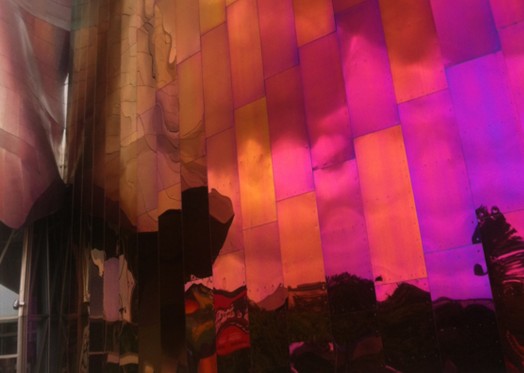Homeless in Seattle

“Those homeless! I don’t understand them…” Manhal was my Iraqi driver during the 2003 war in Baghdad. Then he was forced to leave with his family and after years of hardship in Jordan ended up as a refugee in Seattle. He has worked 16 hours a day-7 days a week driving buses for Microsoft, shuttles to the airport and huge trucks across the States. Now he rents a nice house on the bank of a suburban lake, sends three of his four children to college and plans to start a new business importing furniture from Egypt. So he doesn’t understand the homeless. “The jobs are there” he says. “You just have to pick’em up”.
With almost 10,000 living in the streets Seattle ranks 4th in homeless population for metro areas in the US: only New York, Los Angeles and Las Vegas have bigger numbers. Yet Seattle is a rich and compassionate city. King County has spent a billion dollars or more to help the homeless, has built nearly 6,000 units of affordable housing over the past decade and gets substantial aid from the world’s wealthiest private institution, the Bill&Melinda Gates Foundation. What went wrong?
The root of the problem goes back to the early 2000s, when the high-tech bubble fueled rising home prices and the federal government cut funding for homeless services and low-income housing. A 10-year plan to end or reduce homelessness was put in place but it was jeopardized by the recession that hit midway through the program. And when the economy bounced back things got worse: Seattle’s booming GDP and thriving growth are attracting a lot of people who struggle with the cost of living and the cost of housing, forcing thousands to spend their nights dumped on the streets. Broken mental health systems and racial disparities add to the problem: two-thirds of homeless people in shelters and transitional housing are people of color. You spot them everywhere in downtown Seattle, drifting on sidewalks past the Pike Place fish market, peeking out from cardboard havens in Pioneer Square, sleeping in the neatly-groomed parks or queueing for meal at a soup kitchen.
Say Seattle and you think Microsoft, Boeing and Jimi Hendrix. But the richest city in the US is creating poverty at unprecedented levels: there is something inherently wrong with the economic structure of this country.





